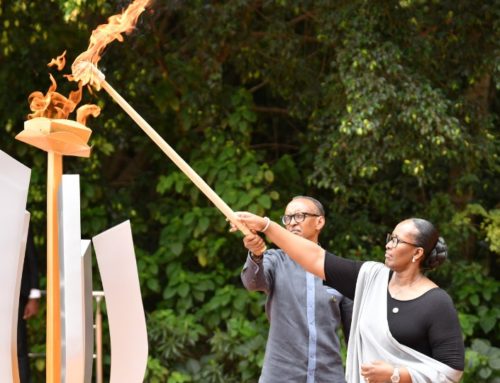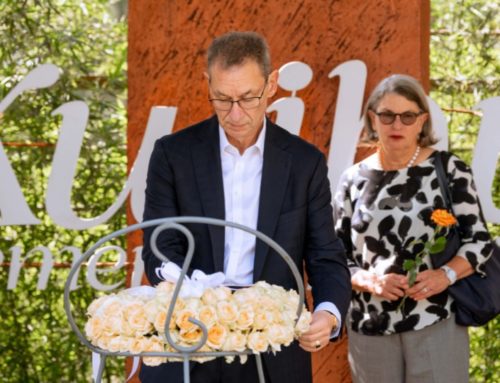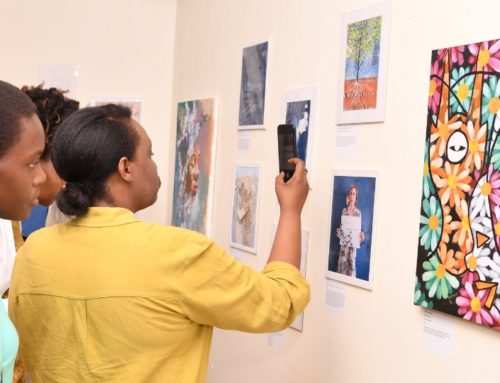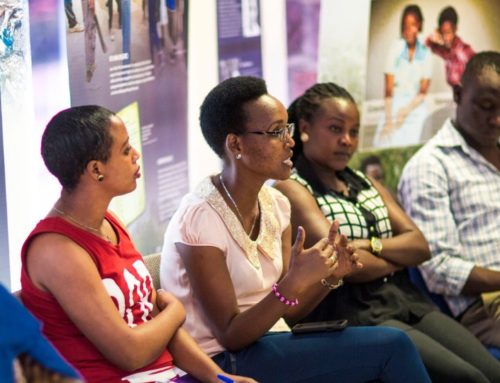 25 May 11 – Tomorrow on Thursday 26 May, a genocide memorial will open at Murambi in southern Rwanda at a site where, in April 1994, approximately 50,000 Tutsi men, women and children were massacred by the Interahamwe militia and soldiers loyal to the government responsible for the genocide.
25 May 11 – Tomorrow on Thursday 26 May, a genocide memorial will open at Murambi in southern Rwanda at a site where, in April 1994, approximately 50,000 Tutsi men, women and children were massacred by the Interahamwe militia and soldiers loyal to the government responsible for the genocide.
Established by The National Commission for the Fight Against Genocide (CNLG) in association with the Aegis Trust, the memorial stands high on a green hill amid the rolling countryside of the former Gikongoro Prefecture. In 1994, the hill was dominated by a half-built school complex to which Tutsis fled or were driven from the surrounding area.
Under siege from the militia and with their water supply cut off for two weeks, by the morning of 21 April, thousands had already died. Those still alive tried to resist with sticks and stones, but were wiped out that day in a brutal massacre.
Murambi is unique as the only massacre site in Rwanda where, after the genocide, the corpses of some of those murdered were preserved and displayed, rather than being reburied. Around 800 such remains were laid out on trestle tables in the unfinished school complex, and remain there to this day.
“There are those who feel that only reburial can offer dignity for the dead, but some survivors ask what dignity there is in being forgotten. They fear that unless the ultimate evidence of genocide is there to see, it could be denied and perhaps one day happen again,” says Freddy Mutanguha, Country Director for the Aegis Trust in Rwanda. “In the Murambi memorial as it stands today, CNLG has achieved a sensitive balance within that ongoing dialogue by providing a context for those remains which is neither morbid nor sensationalist but rather, commemorative and educational.”
“We would like to extend our warmest thanks to the Aegis Trust for their outstanding exhibition design and their close collaboration with us throughout this project,” says Jean de Dieu Mucyo, Executive secretary of the CNLG. “The Murambi memorial has an important part to play in educating future generations of Rwandans about the dangers of prejudice and intolerance. We hope that both Rwandans and visitors from around the world will come to Murambi to be reminded of what can happen when we forget our common humanity and allow the differences between us to become sources of apathy, fear and hatred.”





